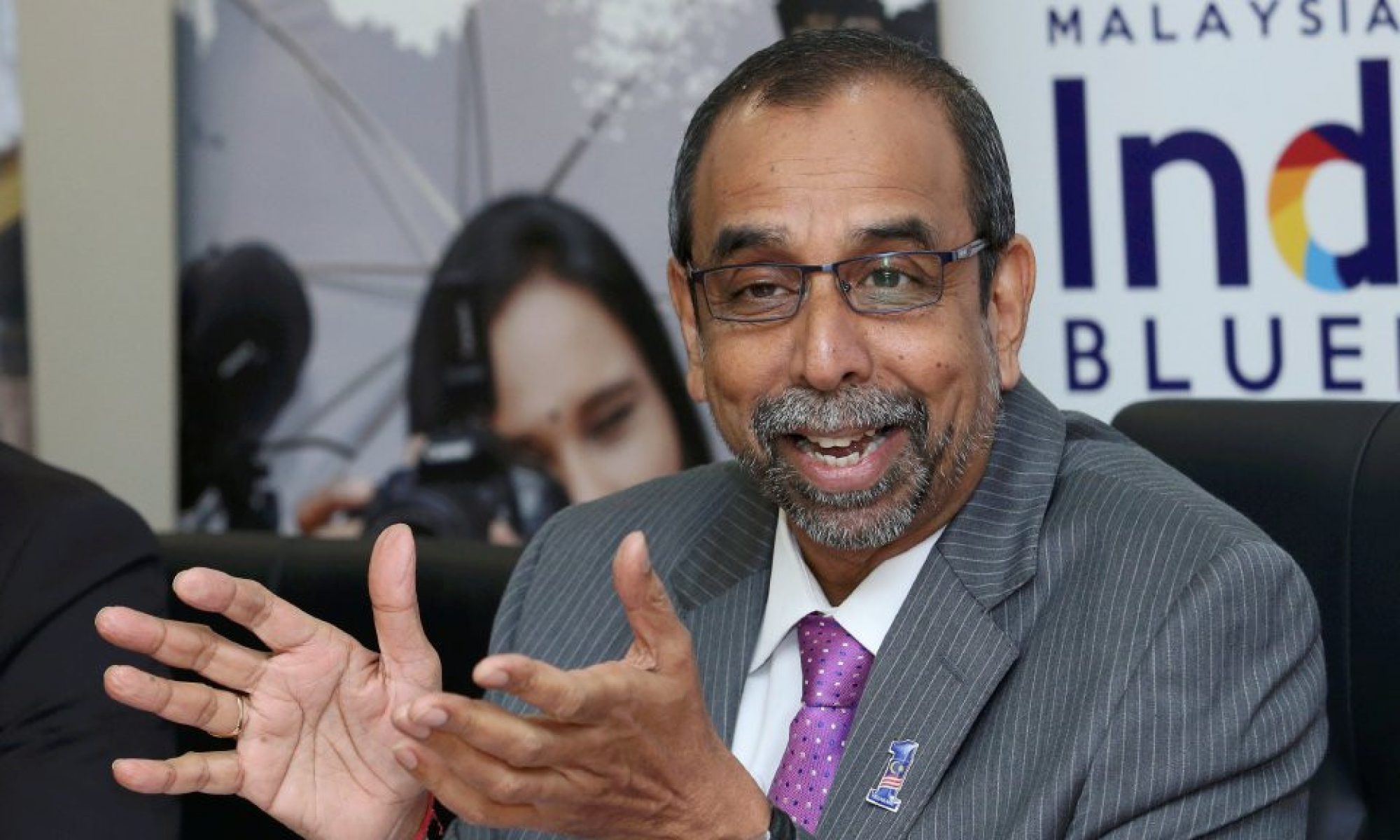The United Nations Climate Change Conference (COP15) in Copenhagen ended with an agreement by countries to cap the global temperature rise by committing to significant emission reductions, and to raise finance to kickstart action in the developing world to deal with climate change.
At the meeting, world leaders, including from Malaysia, agreed to the ‘Copenhagen Accord’, which was supported by a majority of countries, including amongst them the biggest and the richest, and the smallest and most vulnerable. The Copenhagen Accord recognizes the scientific view that an increase in global temperature below 2 degrees is required to stave off the worst effects of climate change.
In order to achieve this goal, the accord specifies that industrialised countries are required to implement, individually or jointly, quantified economy-wide emissions targets from 2020, to be listed in the accord before 31 January 2010. A number of developing countries, including major emerging economies, agreed to communicate their efforts to limit greenhouse gas emissions, every two years, besides listing their voluntary pledges.
It was also acknowledged at the conference that the pledges listed by developed and developing countries may, according to science, be found insufficient to keep the global temperature rise below 2 degrees or less. As such, the leaders called for a review of the accord, to be completed by 2015.
The review would include a consideration of the long-term goal to limit the global average temperature rise to 1.5 degrees. Heads of state and government also intend to unleash prompt action on mitigation, adaptation, finance, technology, reducing emissions from deforestation in developing countries and capacity-building.
One of the significant outcomes of the conference was the decision to establish the “Copenhagen Climate Fund” to support immediate action on climate change. The collective commitment towards the fund by developed countries over the next three years will approach 30 billion US dollars. For long-term finance, developed countries agreed to support a goal of jointly mobilizing 100 billion dollars a year by 2020 to address the needs of developing countries.
The Malaysian delegation to the COP15 was headed by the Hon. Prime Minister. He told the delegates that, “Malaysia is committed together with all other countries to do our best to combat climate change. We realize that this is no easy task, in fact, it is nothing short of a herculean endeavour. This Convention under which we are meeting is our best hope for a global framework of cooperation on climate change”. The Prime Minister gave an assurance that Malaysia will continue to contribute to this extremely important process.
Many provided mixed reactions to the outcomes of the COP15. Many were disappointed by the fact that COP15’s failure to produce a legally binding climate change agreement was unacceptable. At the conference, some of the poorer developing countries kept the proceedings frozen with procedural objection after procedural objection, while major economies like the U.S. and China brought little new to the summit and barely budged from their negotiation positions. In the end, all that was produced was an interim accord barely worth the name. It was bitterly attacked by many environmentalists, and even its chief architect, President Barack Obama, admitted the pact was “not enough” and that “we have a long way to go” (TIME).
Nevertheless, the conference provided a platform for world leaders to address this urgent issue. As was reported by TIME, “For all its limitations, however, the Copenhagen Accord is the first real step to fighting climate change in the 21st century. The real value of Copenhagen of the summit may lie in what it teaches us about dealing with climate change — and much more”.
The next annual Climate Change Conference will take place towards the end of 2010 in Mexico City, preceded by a major two week negotiating session in Bonn, Germany, in June.
The issue of climate change is a serious issue which needs to be addressed immediately. While the heads of governments are trying hard to handle this issue, it is extremely important that every individual realizes his or her role in making a significant contribution. At the government level, Malaysia remain committed to ensure at least 50 per cent of our land area remain as forests as pledged in the Rio Summit. Currently our natural forests and agriculture crop plantations combined cover 75 per cent of the country’s land area.
Individuals, on their part, realizing that this is an urgent and a serious issue, need to adopt certain measures which will help safe-guard the environment. For a start, why don’t we reduce the use of plastic bags, and instead bring our own shopping bags to shopping malls. We need to recycle items, use both sides of the paper to print, reduce the temperature of air-condition units in our rooms, and if possible turn off air-con units and lights when we are out of our rooms for a long period of time. Let us do out bit to save our environment.
